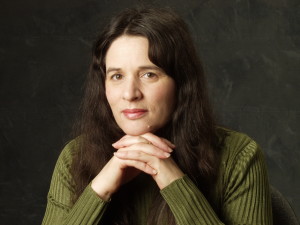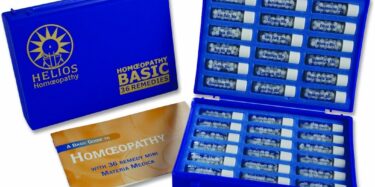
Deborah Olene
What is Homeopathy
Dear Friends,
I wrote this definition of what homeopathy is thirty years ago, please see the article entitled Concepts of Homeopathy to read a more mature view.
The original idea of homeopathy, which is curing with similars, dates back to Hippocrates in the fourth century B.C. He believed there were two possible ways to cure people, by contraries or by similars. “Allopathy” has followed the way of the contraries through the centuries, while “homeopathy” has championed treating with similars.
In the latter part of the eighteenth century Samuel Hahnemann, a German physician founded and elaborated a therapeutic science based on curing with similars. He discovered that a medicine that could produce a particular disease scenario during provings on healthy people, would cure those same symptoms when found in the sick.

Hahnemann and his colleagues tested hundreds of animal, mineral and vegetable substances on themselves to learn about their properties by this direct method. They handed their findings down to their followers, along with principles and laws on how to make the healing process rational, safe and effective. These principles are the cornerstones of homeopathy.
- The remedy should be selected on the basis of symptom similarity.
- Only one medicinal substance should be used at a time.
- The remedy should only be repeated when the previous dose has exhausted its action, evident by a relapse of the symptoms.
- The smallest possible dose of the medicine should be used to stimulate a vital response.
- As the patient’s health improves symptoms should travel from above downward, from more important organs to less important organs, from inside out, and leave in the reverse order of their appearance.
Homeopathy can benefit people of all ages, and treat the full range of human disease conditions. The principles behind this marvelous therapeutic art are very beautiful, because they take the gamble out of medicine and bring in law and order, safety and reliability.
In a Perfect World What Would Medicine Be Like?
- Medicine would act promptly to relieve suffering, taste sweet and dissolve in the mouth.
- Practitioners would look at all aspects of the individual to derive insights into the causes of the current illness, and the best way to treat the whole person.
- Its forté would be chronic conditions, where it would reverse the progress of the disease and restore the patient to health.
- Acute diseases would yield quickly to well-selected medicines.
- The medicine would correct functional disturbances before signs of disease had an opportunity to develop.
- The remedies would assist people with their development and spiritual growth by improving mental and emotional health.
We do not live in a perfect would, but we are lucky enough to have homeopathy, a therapeutic science with all of these qualities and more, to make the world a better place by improving the health of the people in it.

What Happens at the Homeopathic Consultation?
- The homeopath asks for a detailed description of the physical symptoms starting with when they were first noticed and what makes them better or worse.
- She asks about the client’s personal history to get an understanding of what influences may have played a part in bringing about the current state of health.
- The homeopath gathers information about the health of family members and ancestors to see what genetic factors could be contributing to the health problems.
- In order to understand the mental and emotional state, the homeopath inquires about fears, anxieties, moods and dreams.
- The homeopath looks to see if there are any obstacles to cure that need to be removed or minimized such as addictive behaviors, imbalances in the use of time, unhealthy mental processes, or dissatisfaction with work or relationships.
- She asks about food preferences, responses to the weather, energy patterns, sleep behavior and more, in order to match the symptoms of the client with the similar homeopathic remedy that will initiate the healing process.
The client is encouraged to take an active role in the healing work by making wiser life style choices, practicing meditation, and using the mind and body in healthier ways.
The Types of Conditions Homeopathy Can Treat
Homeopathy is a comprehensive pharmaceutical science with a materia medica regulated by the F.D.A. Here is a list of the most commonly encountered illnesses treatable with classical homeopathy.
|
|
Deborah Olenev CCH RSHom (NA)
Mountain View,
CA
94041
US
Phone: 650-569-6219
Website: www.homeopathyforhealth.net
Back to Home Back to Articles on Homeopathy Contact Me




